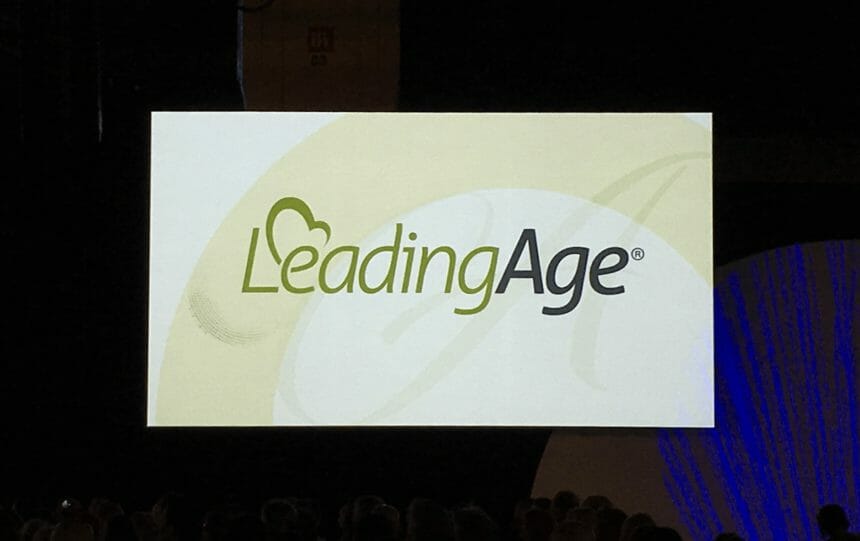
Working to “ensure a constructive, future-focused action plan to promote smart approaches to quality in assisted living and memory care without federal regulations” is a priority for LeadingAge this year, the association recently announced.
In its advocacy efforts on Capitol Hill and in state capitols, the organization said, it expects to focus specifically on COVID relief, liability protections, vaccine distribution, workforce issues and behavioral health.
With almost 1 million residents nationwide, assisted living and memory care providers face many of the same issues that all aging services providers are facing this year, including COVID-19, workforce shortages, behavioral and mental health program gaps, and, where applicable, inadequate reimbursement, LeadingAge said.
Among its advocacy goals for assisted living:
- Understanding and advising on the current framework of varying state regulations and standards governing the sector;
- Exploring ways to bring affordable assisted living options to the underserved “middle market”;
- Reducing abuse incidents and increasing quality; and
- Establishing and implementing a vision and action plan to drive a national consensus process to improve care.
Life plan communities
Life plan / continuing care retirement communities, another area of focus for LeadingAge, are operating in an increasingly competitive environment, according to the association. Many of the communities are diversifying and consolidating to survive and thrive.
Although facing many of the same issues affecting all aging services providers, life plan communities have struggled with the financial sustainability of their operations due to their multi-faceted nature, LeadingAge said. These communities were able to side-step tax administration-related issues last year, but many of those challenges will return, posing significant cost burdens to operations, according to the association.
LeadingAge’s advocacy goals for life plan communities:
- Identifying and advocating for federal financial protections and supports to stabilize and strengthen the unique expense and revenue streams of the model, including cost cap protections, cash flow protection loans, liability protections and financial relief sought for all aging services providers;
- Educating lawmakers on the unique challenges and strengths of the life plan community model;
- Advocating for policies to ensure payments / reimbursement for Medicare and Medicaid services;
- Promoting evidence-based policies for behavioral and mental health services, as well as substance use treatment for older adults;
- Advocating for alternative methods to protect older adults form highly communicable diseases; and
- Promoting policy solutions to address loneliness and isolation among residents.
To achieve those goals, LeadingAge said, the association is looking to Congress for COVID-19 relief, state and federal civil liability protections relating to COVID-19 claims, equitable vaccine distribution, standardization of competency-based training and education for frontline workers, and programs to recruit, educate and retain geriatric social workers.
At the executive branch level, LeadingAge said, the association will promote initiatives focused on COVID-19 mitigation efforts, including testing, vaccines, personal protective equipment, Provider Relief Fund reporting and an extension of the public health emergency. In this arena, Leading Age also advocates that Centers for Medicare & Medicaid Services continue Section 1135 regulatory waivers, allowing providers to focus resources on COVID-19 outbreaks.
The association also has established priorities related to the COVID-19 response, workforce, Alzheimer’s disease and dementia, long-term services and supports financing reform, home and community-based services, affordable housing, elder justice, managed care, technology and telehealth, Medicare and Medicaid, nursing homes, home health services, hospice and palliative care, rural issues, medical cannabis, tax policy, adult day services, and Programs of All-Inclusive Care for the Elderly.




